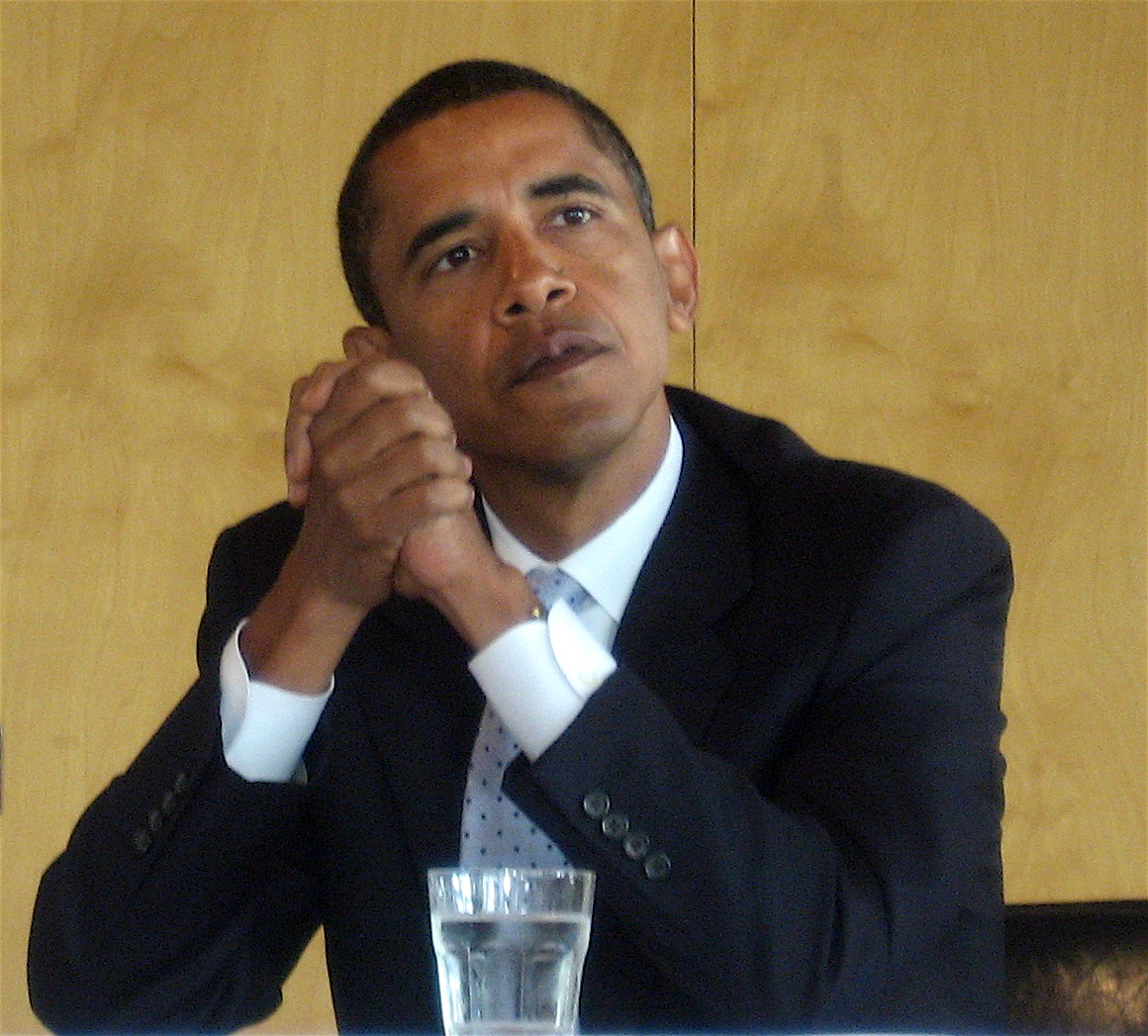US
Obama Judge Rules Border Officials Need Reasonable Suspicion Before Searching Electronic Devices

By Steve Jurvetson from Menlo Park, USA - Barack Obama on the Primary, CC BY 2.0, https://commons.wikimedia.org/w/index.php?curid=5091411
A federal judge ruled Tuesday that Border Patrol agents need “reasonable suspicion” before they can search international travelers’ electronic devices at airports or other U.S. ports of entry, delivering a big win to civil rights activists.
Federal Judge Denise Casper of the District Court of Massachusetts ruled that Customs and Border Protection (CBP) officials must have a specific reason for searching an individual’s smartphone, laptop, or other electronic devices, according to a 48-page decision.
Casper, who former President Barack Obama appointed in 2010, said that searches without cause violated the Fourth Amendment of the Constitution in regard to unreasonable search and seizures.
“The CBP and [Immigration and Customs Enforcement] policies for ‘basic’ and ‘advanced’ searches, as presently defined, violate the Fourth Amendment to the extent that the policies do not require reasonable suspicion that the devices contain contraband for both such classes of non-cursory searches and/or seizure of electronic devices; and that the non-cursory searches and/or seizures of Plaintiffs’ electronic devices, without such reasonable suspicion, violated the Fourth Amendment,” Casper wrote in her ruling.
Casper’s decision follows a lawsuit the American Civil Liberties Union (ACLU) and digital rights group Electronic Frontier Foundation lodged in 2017 on behalf of 11 travelers who said their devices were searched without a warrant.
The ruling establishes a higher standard for CBP and Immigration and Customs Enforcement officials who are tasked with checking travelers attempting to enter the country at airports or other points of entry along the U.S. border.
The two agencies, which operate under the umbrella of the Department of Homeland Security, argued that such searches were necessary as they can lead to successful “fishing” expeditions — leading to apprehensions of child pornography or other illicit material from those attempting to enter the U.S.
The ACLU, which continuously sues the Trump administration over various immigration issues, hailed the decision.
“This ruling significantly advances Fourth Amendment protections for the millions of international travelers who enter the United States every year,” ACLU staff attorney Esha Bhandari said in a statement Tuesday. “By putting an end to the government’s ability to conduct suspicionless fishing expeditions, the court reaffirms that the border is not a lawless place and that we don’t lose our privacy rights when we travel.”
Casper rejected the government’s reasoning; however, she did not go so far as to require immigration officials to obtain search warrants or probable cause before conducting such searches.
The ruling could have a major impact on how agencies under the Department of Homeland Security conducts searches, which have ballooned under the Trump administration. For example, there were roughly 8,500 electronic searches at the border in fiscal year 2015. This number increased to over 30,000 in 2018, according to the ACLU.
A CBP spokesperson declined to comment to the Daily Caller News Foundation about the court decision, but noted how minuscule a proportion electronic device seizures are among travelers.
The agency processed more than 414 million travelers at ports of entry across the U.S. in fiscal year 2019, according to CBP. The agency conducted 40,913 electronic device searches during that period of time — representing less than .01% of arriving international travelers.
All content created by the Daily Caller News Foundation, an independent and nonpartisan newswire service, is available without charge to any legitimate news publisher that can provide a large audience. All republished articles must include our logo, our reporter’s byline and their DCNF affiliation. For any questions about our guidelines or partnering with us, please contact [email protected].

